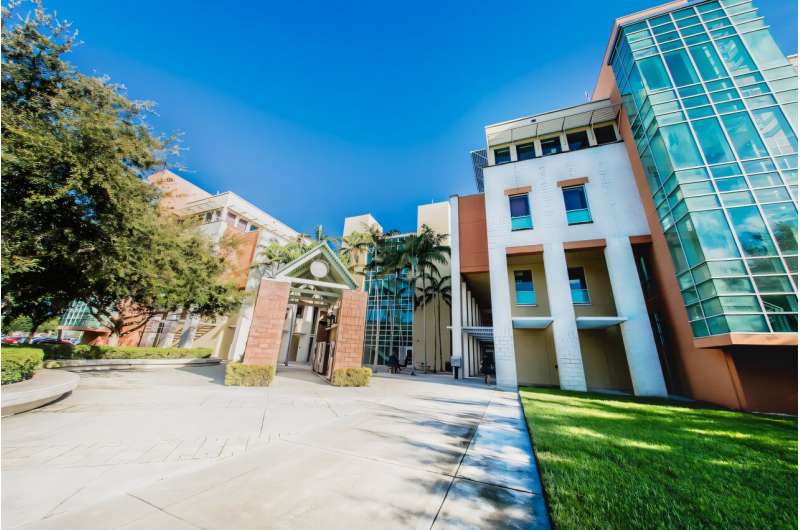Across the United States, students spend over 1,100 hours in school each year, a period that significantly influences both their academic and social development. For many, however, the school atmosphere can foster feelings of anxiety and stress. Addressing these challenges, researchers from Florida Atlantic University have investigated how small group counseling can enhance students’ emotional skills and their connection to the school environment.
The study, conducted by the Department of Counselor Education, focused on the Student Success Skills (SSS) intervention, which aims to bolster emotional regulation and social skills. Following the Advocating Student-Within-Environment (ASE) theory, the researchers analyzed the impact of this program on middle school students in the Southeastern United States.
To gather data, the team engaged sixth-grade students through a variety of methods, including interviews conducted before and after the intervention, field notes, session transcripts, and student-created drawings. The researchers employed thematic analysis to identify significant patterns in how the SSS intervention fostered skills such as anger management and conflict resolution.
The findings, published in the Journal of Child and Adolescent Counseling, revealed four primary outcomes: improved anger management, enhanced academic and life skills, increased feelings of safety and connectedness, and more positive perceptions of the school environment. As students learned practical strategies for emotional regulation—like positive self-talk and seeking peer support—they engaged in role-playing exercises that reinforced their problem-solving skills and goal-setting abilities.
As the intervention progressed, student-generated artwork and interview responses illustrated a remarkable transformation in their perceptions of school. Initial depictions often reflected neutrality or negativity, but later works highlighted themes of friendship, belonging, and motivation to learn.
Dr. Elizabeth Villares Sacks, co-author and chair of the FAU Department of Counselor Education, remarked, “Small group counseling provided students with far more than strategies for managing emotions and relationships—it offered them a space to feel seen, heard, and valued.” She emphasized that as students connected with one another, they also developed a greater sense of empathy and community, extending their growth beyond the classroom setting.
The study also highlighted the development of trust among group members. Students collaboratively established confidentiality agreements and norms, fostering an environment conducive to genuine sharing and peer support. By enhancing both social-emotional and academic skills, this approach significantly boosts student engagement and perceptions of the school climate.
Overall, the research underscores the effectiveness of ASE-based small group counseling in promoting emotional and academic development. It suggests a pressing need for further investigation into the broader systemic impacts of such programs within educational settings.
Dr. Villares Sacks added, “Interventions grounded in ASE not only support students’ emotional growth but transform how they experience their school environments.” She pointed out that when students feel connected and understood, they become more engaged learners and compassionate peers.
The study took place during the 2023-24 academic year, involving five sixth-grade students identified as academically or behaviorally at risk. Over six weekly sessions, a trained school counselor guided the students through the SSS small group intervention, focusing on anger management, goal setting, social problem-solving, and self-management.
The research team also included Kadeem Campbell, Ph.D., Hannah Bowers, Ph.D., and Greg Brigman, Ph.D., all part of the FAU Department of Counselor Education. They advocate for integrating small group counseling into evidence-based school counseling programs to help students cultivate supportive peer relationships and develop essential skills.
The authors recommend additional research on the long-term and systemic effects of ASE-aligned curricula and advocate for expanded training for counselors in evidence-based group facilitation. Their findings affirm that school investments in counselor-led interventions, grounded in empathy and collaboration, foster stronger, more resilient learning communities.
